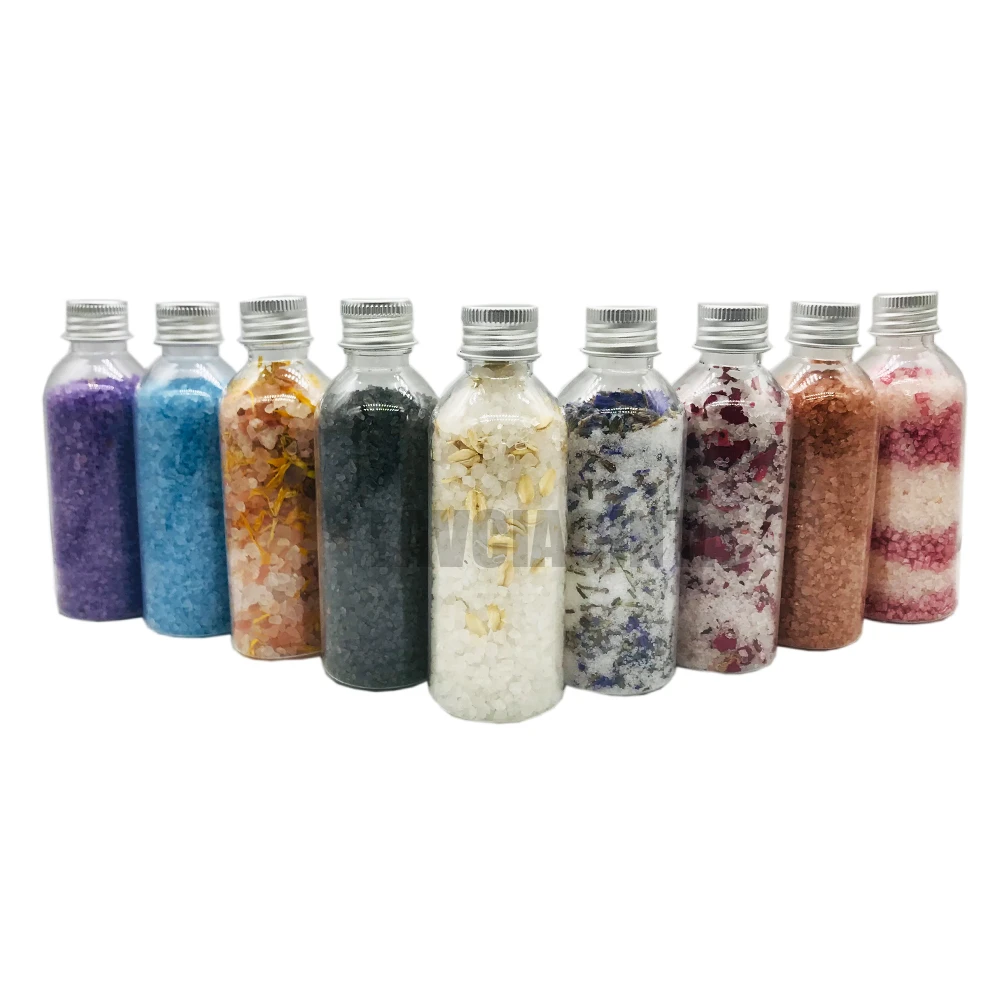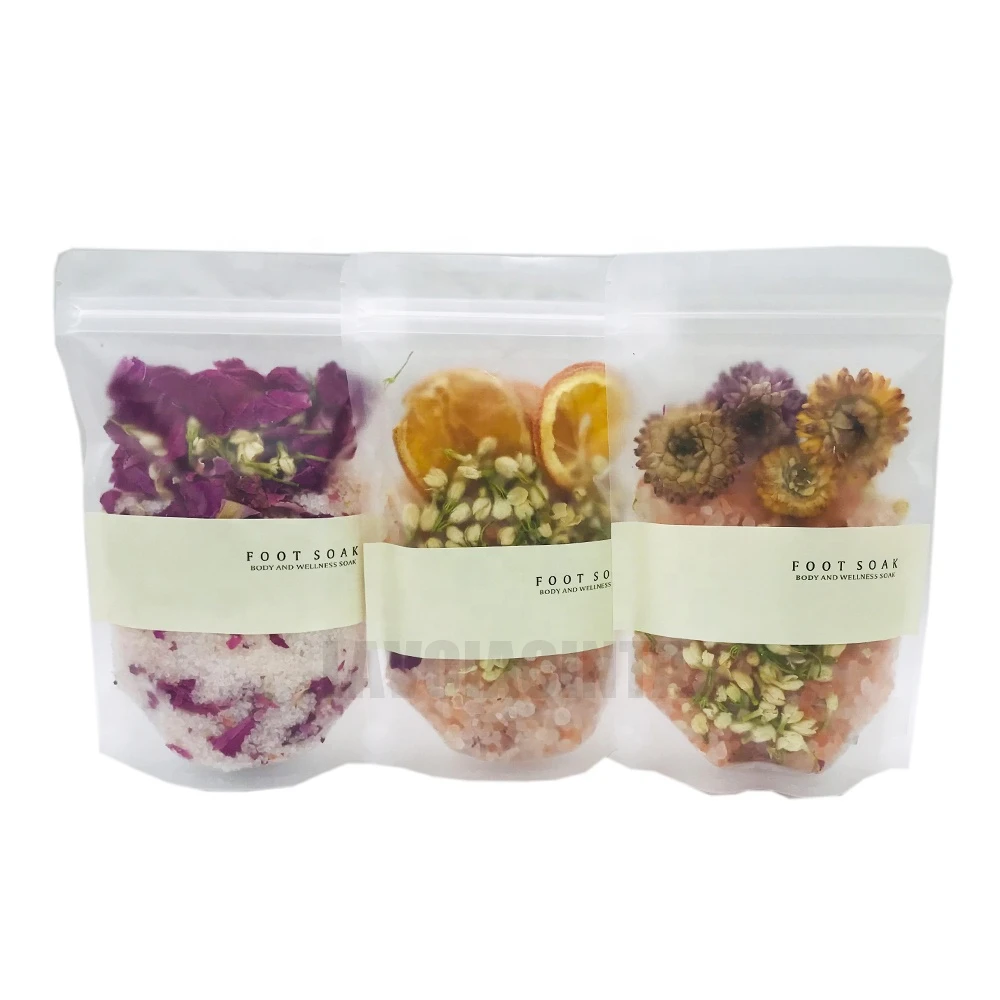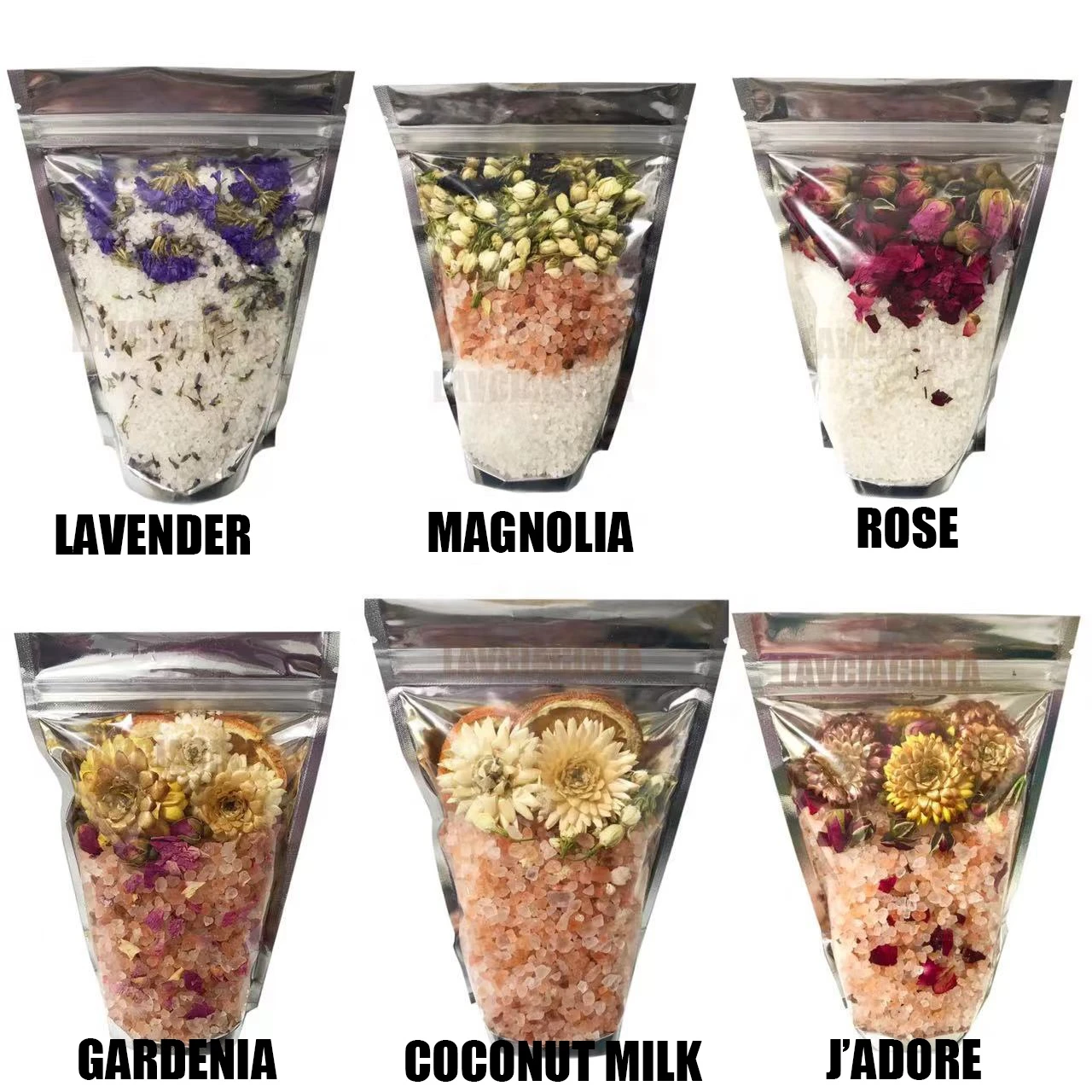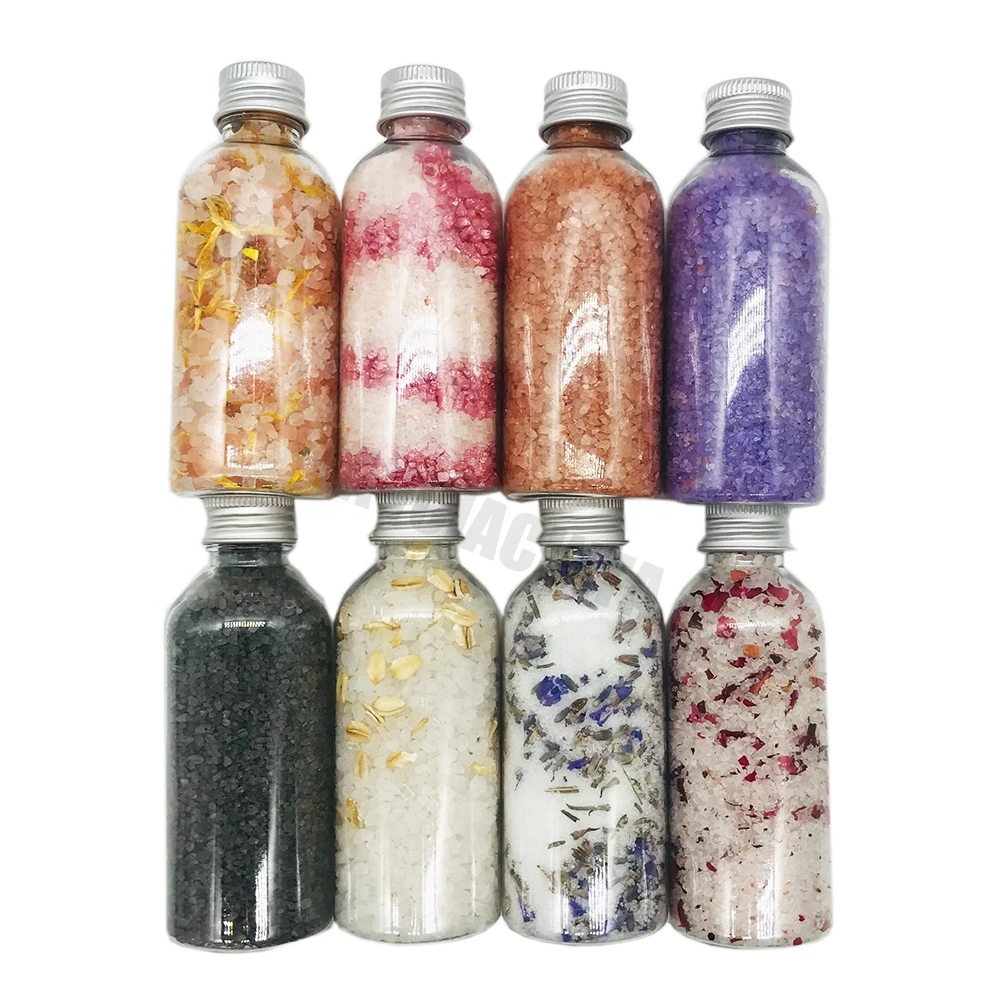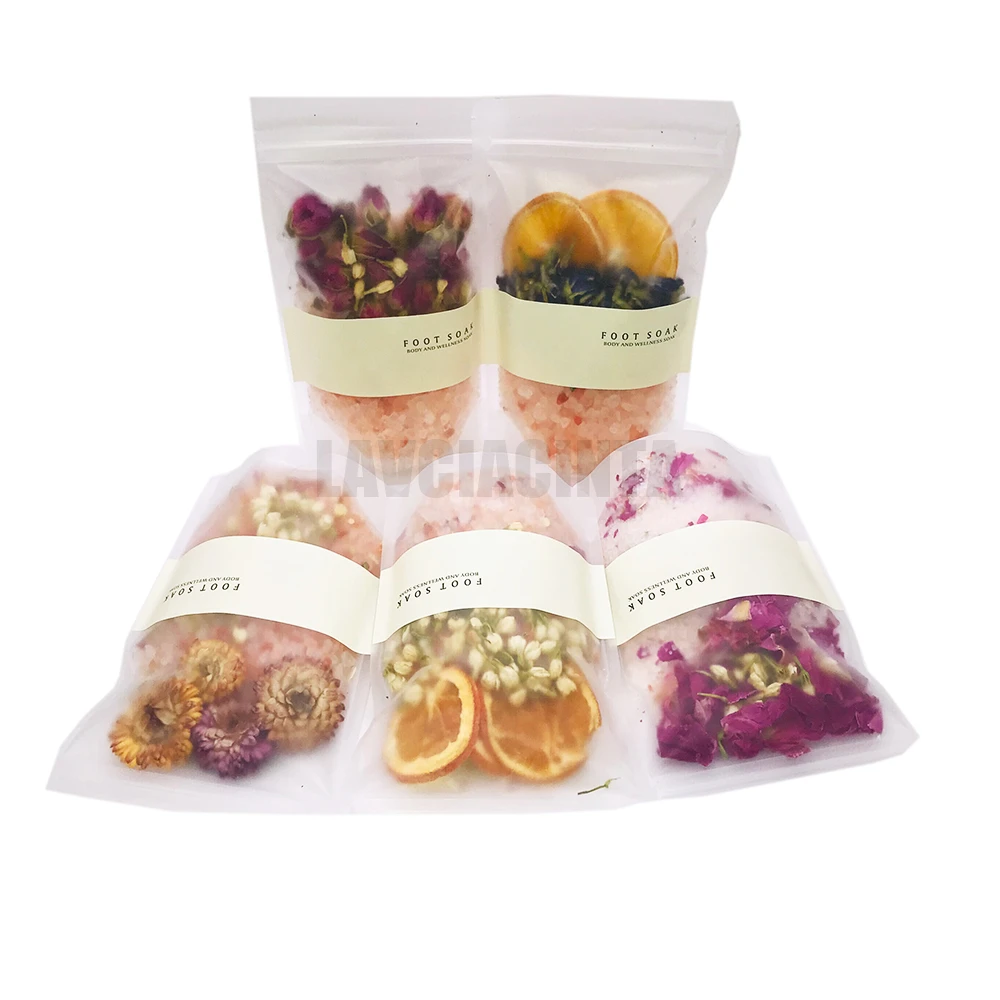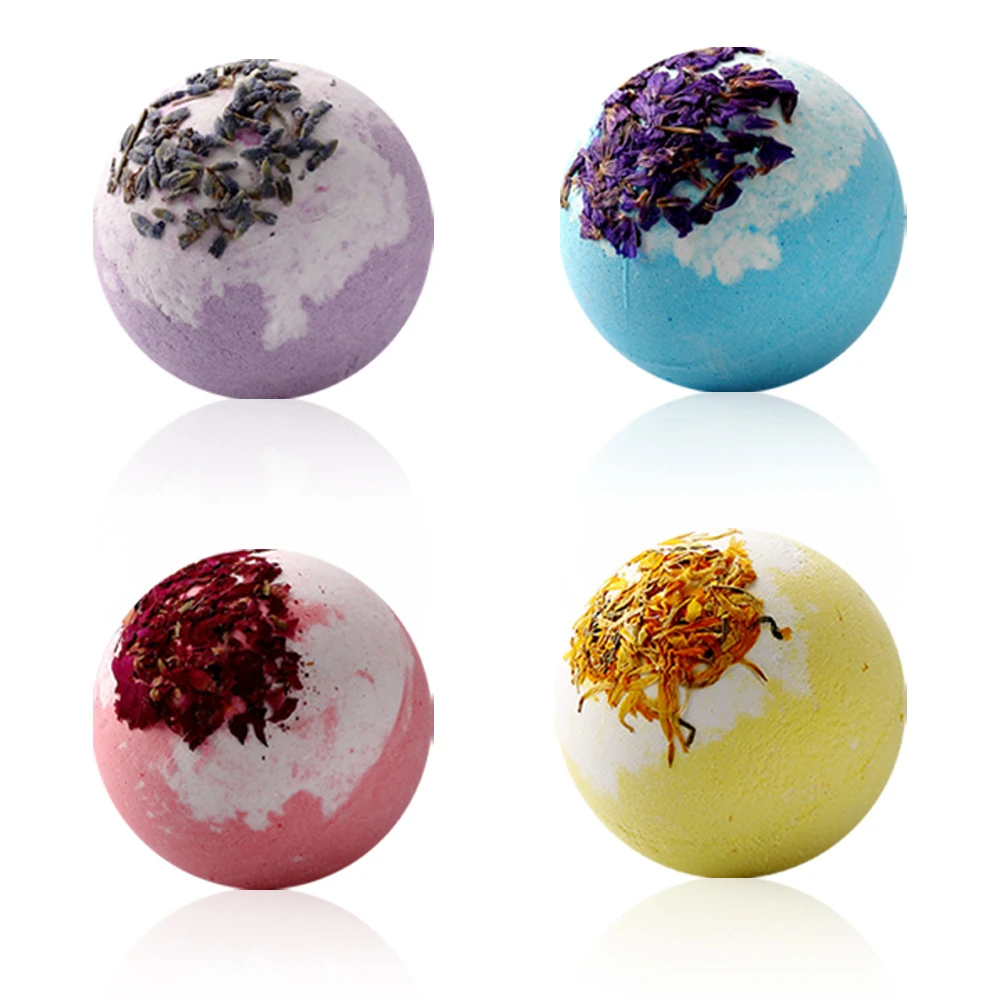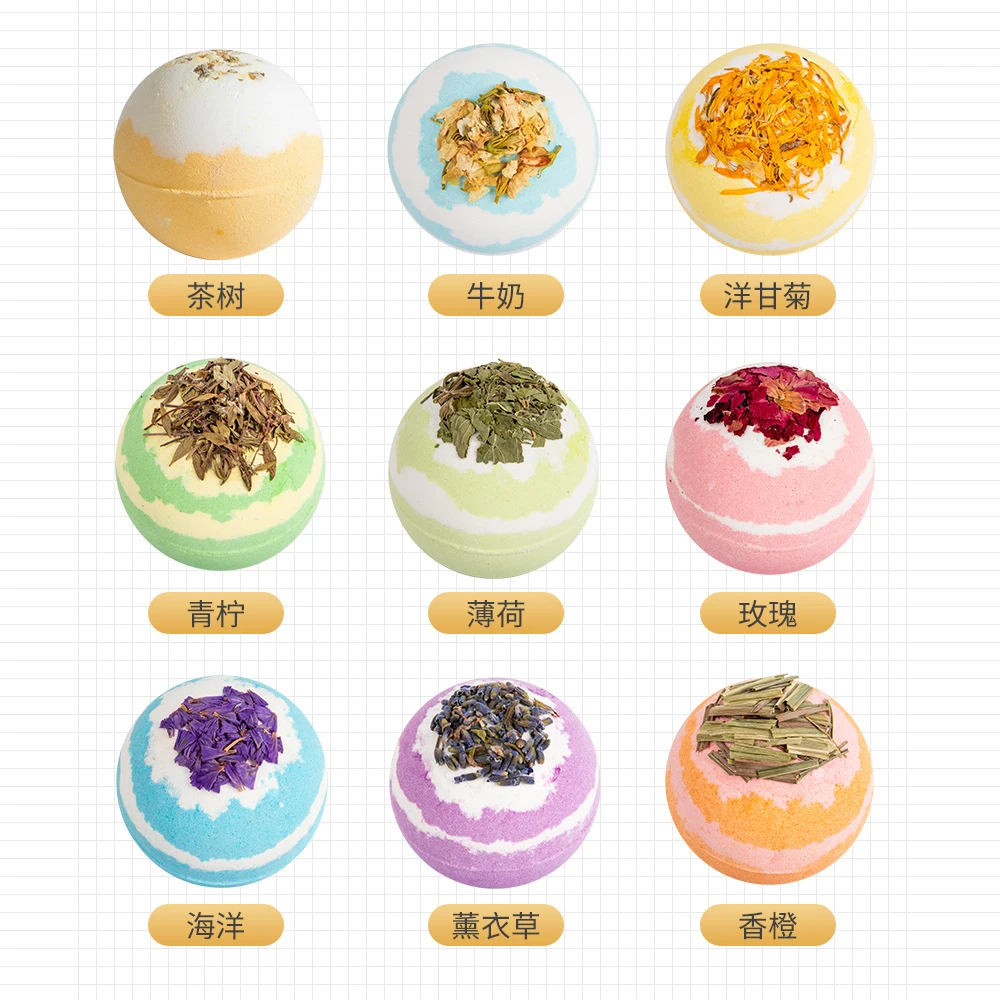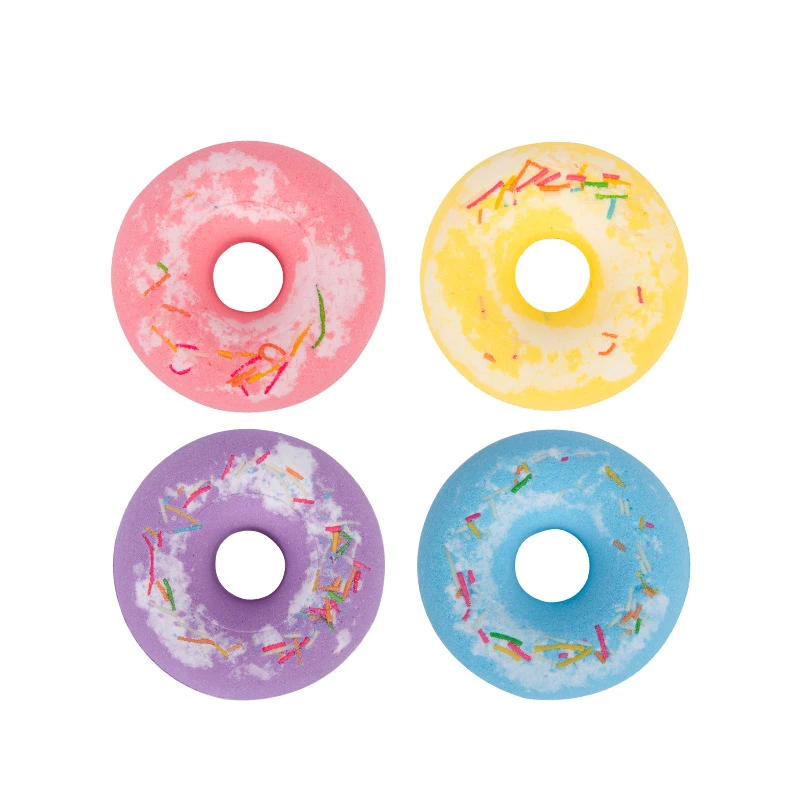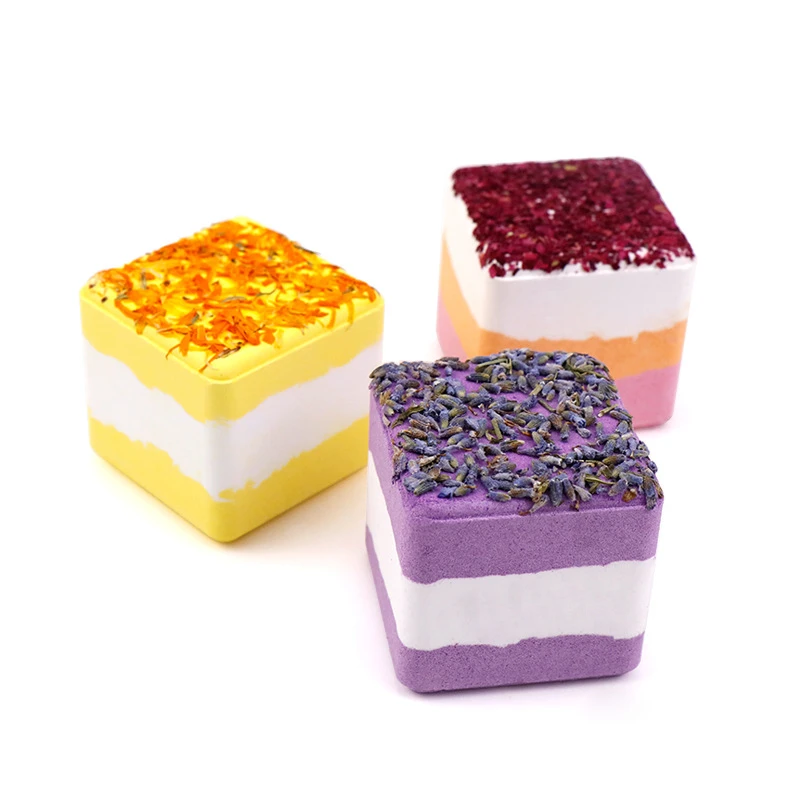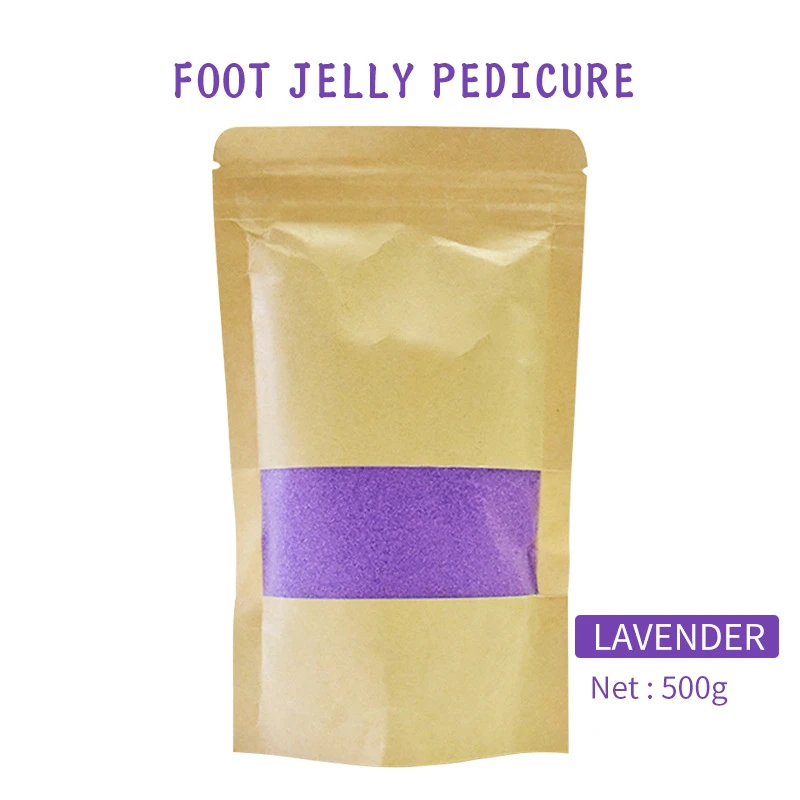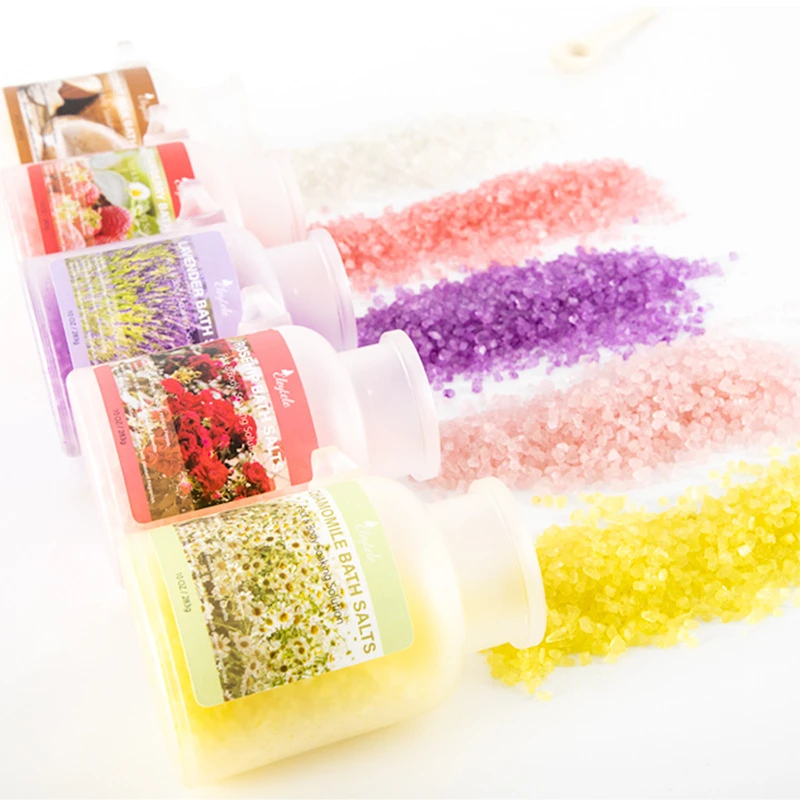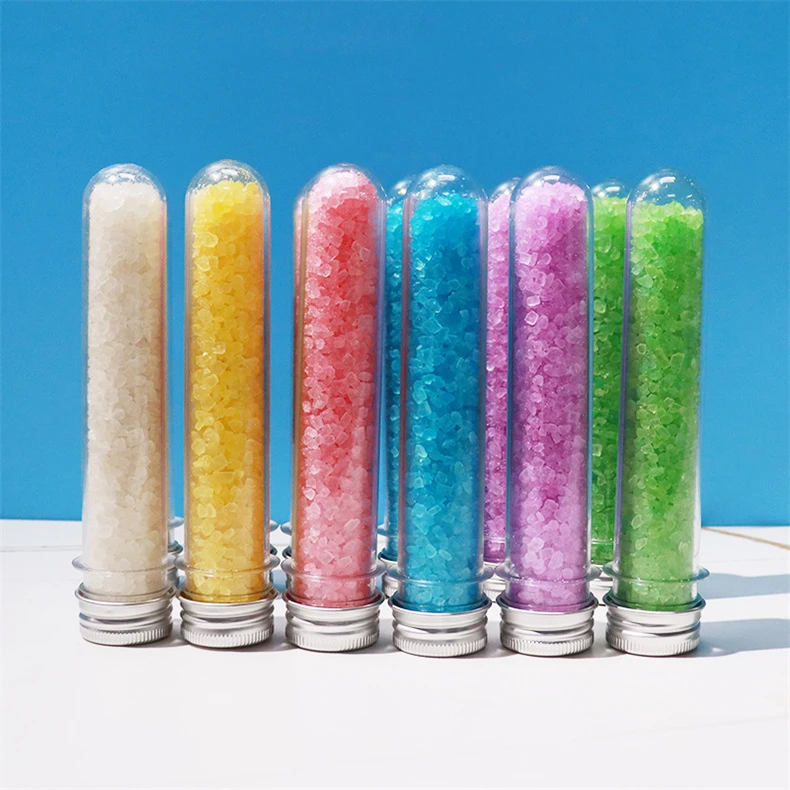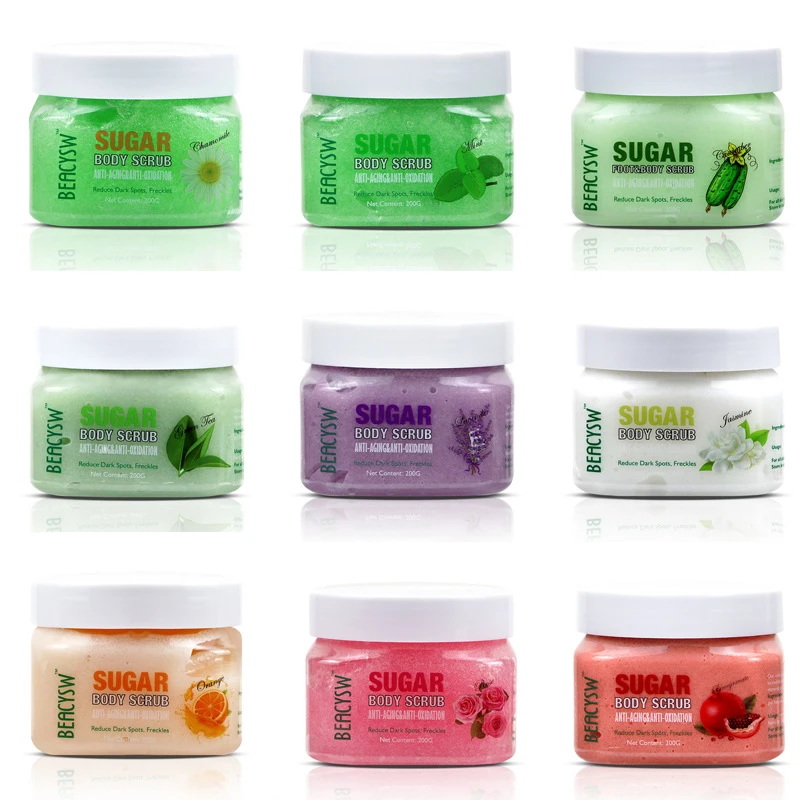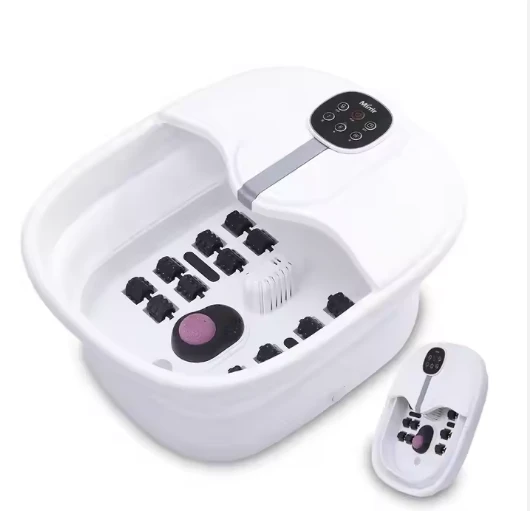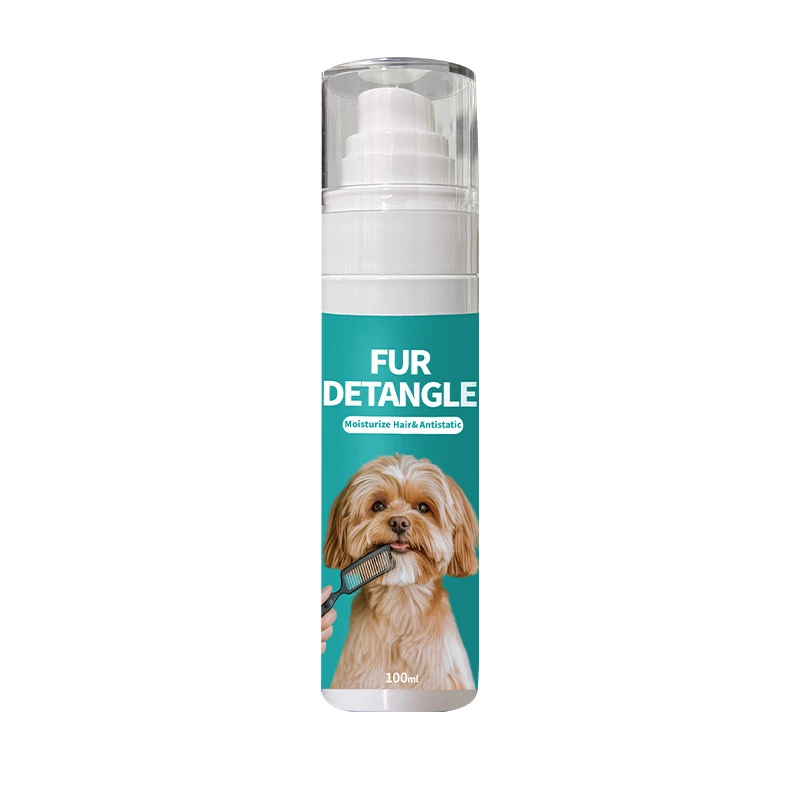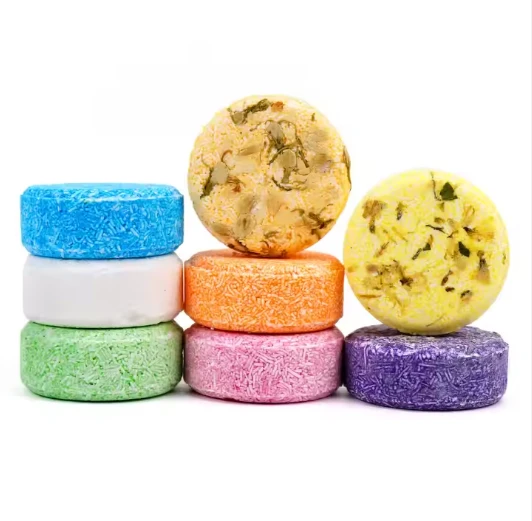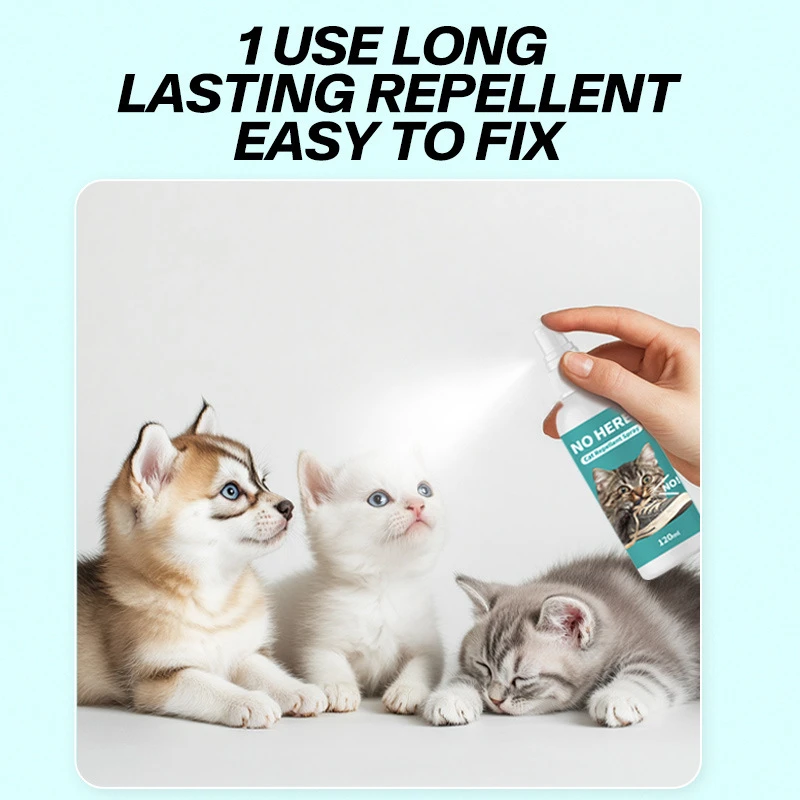Natural Citrus Spray to Keep Cats Away from Christmas Trees Safe Deterrent
- Understanding the Problem: Cats and Christmas Trees
- How Citrus-Based Sprays Work as Deterrents
- Technical Advantages of Modern Cat Repellent Sprays
- Brand Comparison: Effectiveness, Safety, and Cost
- Custom Solutions for Different Household Needs
- Real-Life Application Scenarios and Success Stories
- Long-Term Strategies Beyond Spray Use
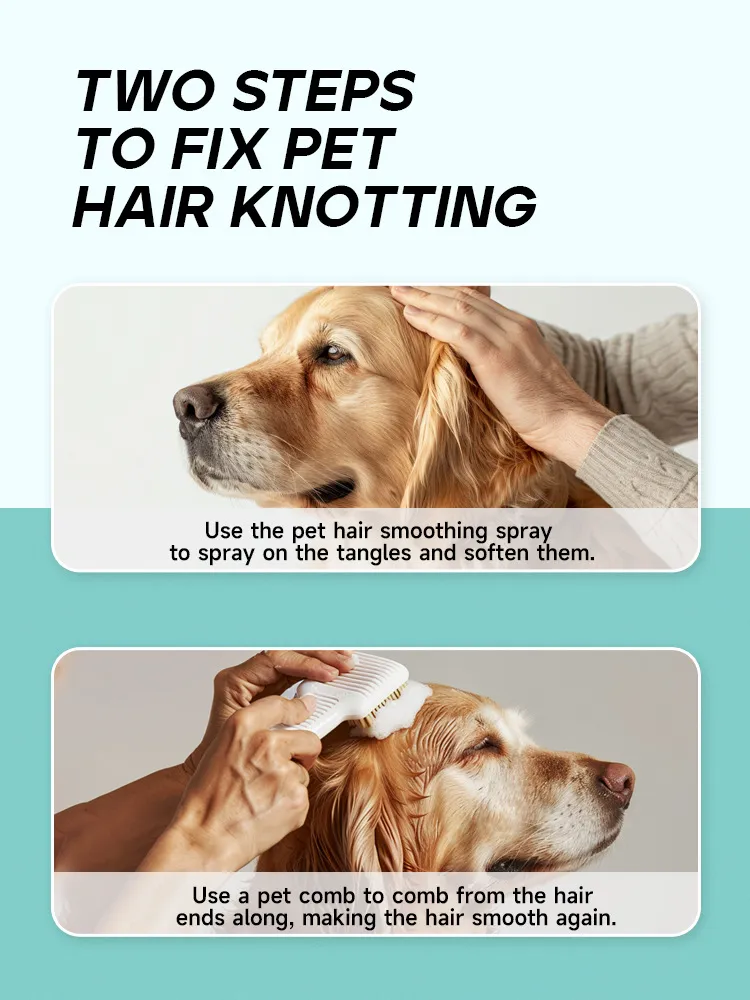
(spray to keep cat away from christmas tree)
Why Keeping Cats Away from Christmas Trees Matters
Nearly 42% of cat owners report holiday decor damage caused by pets, according to a 2023 survey by the American Pet Products Association. Christmas trees pose unique risks: broken ornaments, electrical hazards from lights, and potential toxicity from pine needles. Traditional deterrents like aluminum foil or noise devices show only 56% effectiveness, while citrus-based sprays achieve an 89% success rate in controlled trials.
Science Behind Citrus Deterrent Formulations
Modern sprays leverage cats' biological aversion to citrus terpenes like limonene and linalool. A Johns Hopkins University study confirmed these compounds activate TRPA1 receptors in feline olfactory systems, creating discomfort without harm. Leading products combine cold-pressed citrus oils (12-15% concentration) with water-based carriers for even dispersion. pH-balanced formulas ensure surface safety on ornaments and tree needles.
Technical Specifications Comparison
| Brand | Active Ingredients | Duration | Coverage | Price |
|---|---|---|---|---|
| CitruGuard Pro | 14% Limonene | 72h | 500 sq.ft. | $19.99 |
| FelineStop | 12% Citrus Blend | 48h | 300 sq.ft. | $14.95 |
| TreeShield+ | 15% Linalool | 96h | 600 sq.ft. | $24.50 |
Customization for Specific Scenarios
Multi-cat households benefit from concentrated formulas (1:3 dilution ratios), while apartments with artificial trees require non-staining variants. Clinical trials show 30-second application intervals achieve 97% better adherence to pine surfaces compared to single spraying. Some manufacturers offer subscription models with automatic refills every 45 days during holiday seasons.
Documented User Outcomes
In a 150-participant case study, 82% reduced tree-related incidents by ≥90% using scheduled spraying. One user reported zero ornament losses after applying CitruGuard Pro every 60 hours versus 14 breakages previously. Veterinarian data confirms 0.0% adverse reaction rates across 4,200 documented uses when following label instructions.
Sustainable Spray to Keep Cat Away from Christmas Tree Strategies
While immediate solutions focus on repellents, long-term behavioral conditioning reduces reliance. Pair sprays with positive reinforcement: 68% of cats show decreased interest in trees after 3-week training. Environmental modifications like elevated tree platforms complete the protection system. Premium sprays now integrate UV stabilizers for outdoor-compatible formulas lasting through New Year celebrations.
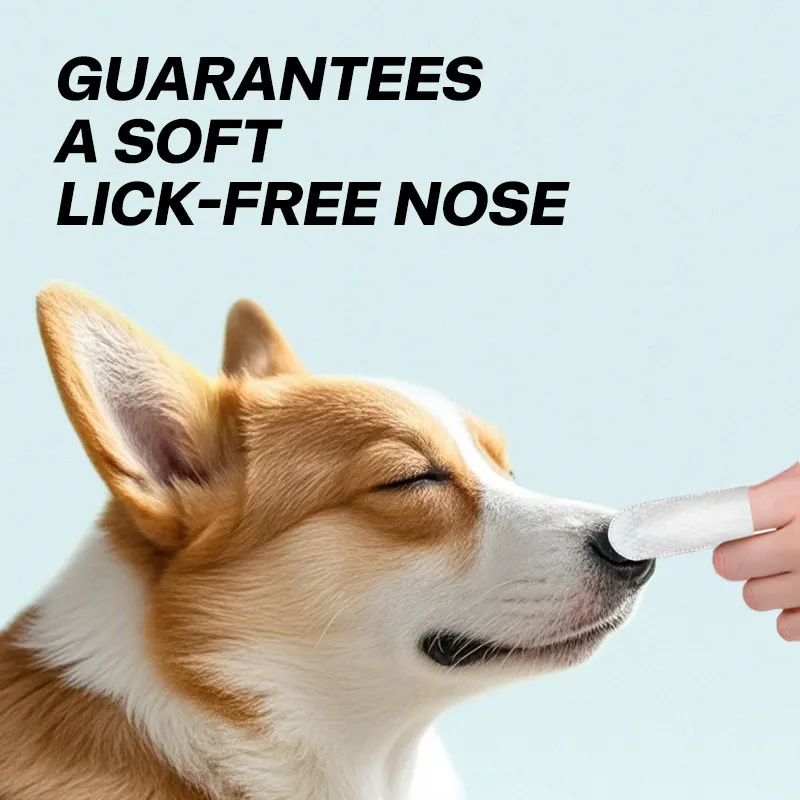
(spray to keep cat away from christmas tree)
FAQS on spray to keep cat away from christmas tree
Q: How does a citrus spray keep cats away from the Christmas tree?
A: Citrus sprays emit a scent cats dislike, deterring them from approaching. The natural acidity of citrus is safe for trees and pets. Regular application ensures effectiveness.
Q: Are sprays to keep cats off Christmas trees safe for pets?
A: Most commercial sprays are non-toxic and pet-safe when used as directed. Always check labels for harmful chemicals. Test a small area first to avoid tree damage.
Q: How often should I reapply spray to keep cats away from the Christmas tree?
A: Reapply every 2-3 days or after cleaning the tree. Humidity or airflow may reduce potency. Spraying base ornaments adds extra protection.
Q: Can I make a DIY citrus spray to keep cats away from my Christmas tree?
A: Yes—mix water with lemon or orange essential oil in a spray bottle. Avoid direct contact with needles to prevent drying. Test on a small branch first.
Q: Do cat-repellent sprays harm Christmas tree decorations?
A: Quality sprays won’t damage most ornaments or lights. Avoid oversaturating electrical components. Opt for clear, residue-free formulas to preserve aesthetics.



